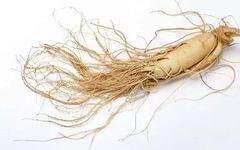
Ginseng (Ren Shen) is the dried root and rhizome of the perennial plant from the Araliaceae family, known for its ability to greatly replenish Yuan Qi (元气, original vital energy), revive Yang, and rescue from collapse. It is regarded as the premier herb for treating deficiency and has been used to this day, earning the title of “King of Herbs”.
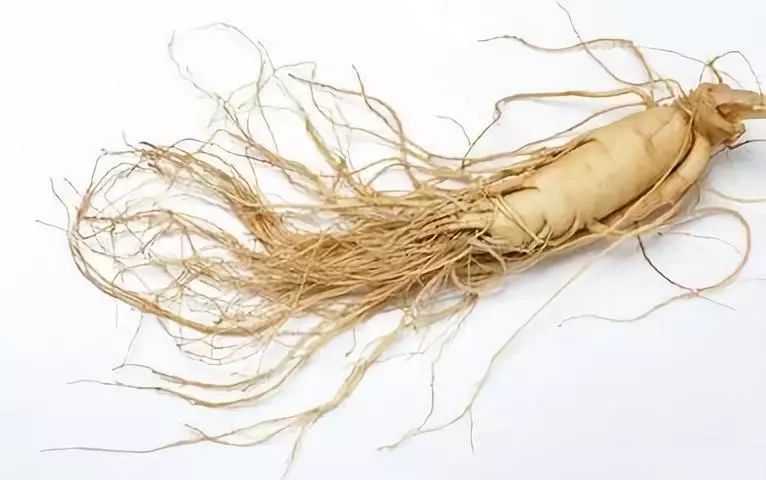
What are the Effects of Ginseng?
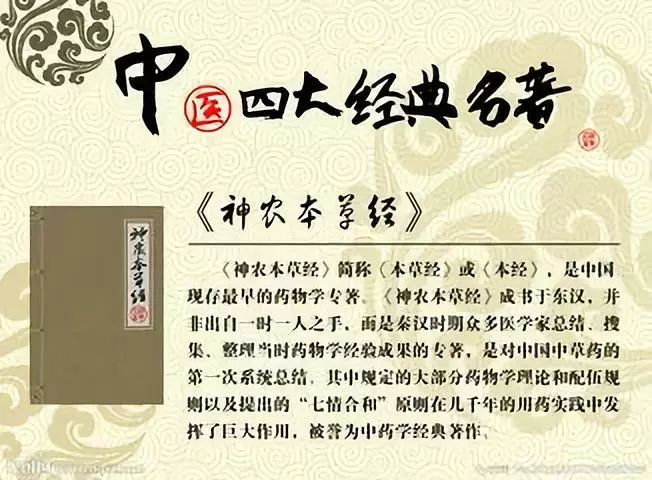
The earliest pharmacological text in China, Shen Nong Ben Cao Jing (神农本草经), details that: “Ginseng is sweet in flavor, primarily used to tonify the five organs, calm the spirit, stabilize the soul, stop palpitations, eliminate evil qi, brighten the eyes, uplift the mood, enhance intelligence, and prolonged use leads to lightness of body and longevity.” Modern research has proven: 1. Ginseng can enhance the body’s immune function; 2. Ginsenoside Rb class has a central sedative effect; 3. Ginsenoside Rb1 can effectively inhibit ventricular remodeling after acute myocardial infarction, protecting heart function; 4. Ginsenoside Rg3 has anti-tumor metastasis and growth properties, inhibiting tumor neogenesis; 5. Ginsenoside Rb2 and Rg3 both have antioxidant and anti-aging effects.
How to Use Ginseng in Combination?
1. Ginseng with Astragalus (Huang Qi)
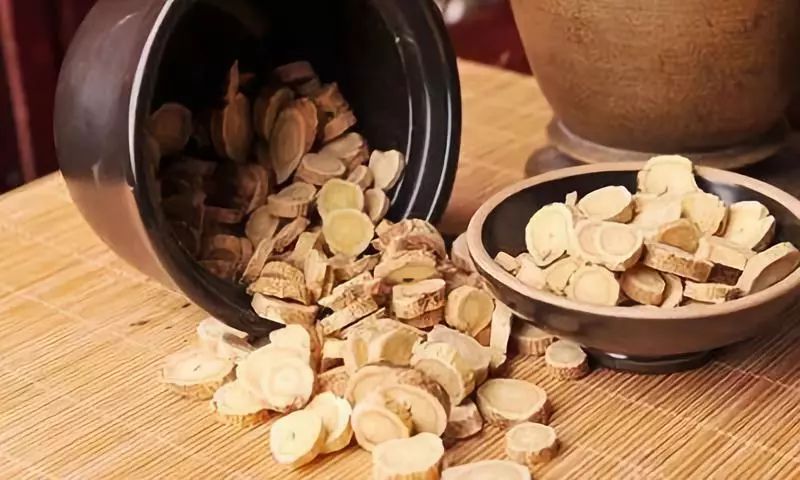
Effects:Enhances Qi tonification and supports Yuan, balancing Yin and Yang, providing comprehensive nourishment without causing diarrhea. Particularly suitable for symptoms of lung deficiency, weak defensive Qi, weak spleen and stomach Qi, and heart deficiency.
Recommended method: Stew in soup, brew in water as a tea substitute.
2. Ginseng with Deer Antler (Lu Rong)
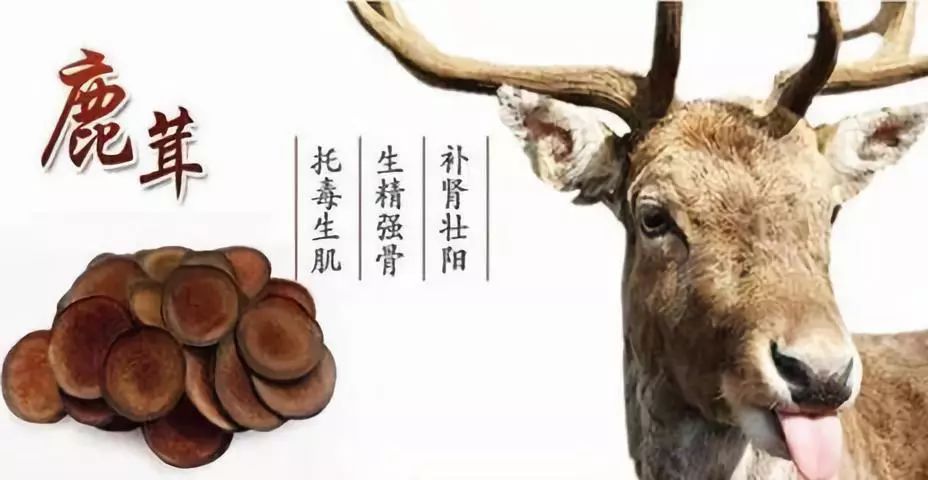
Effects:Achieves the utmost in Qi tonification and Yang enhancement, exceptionally powerful for those with aging, weak physique, lower back and knee soreness, and cold extremities.
Recommended method:Stew in soup, brew in medicinal wine.
3. Ginseng with Angelica (Dang Gui)
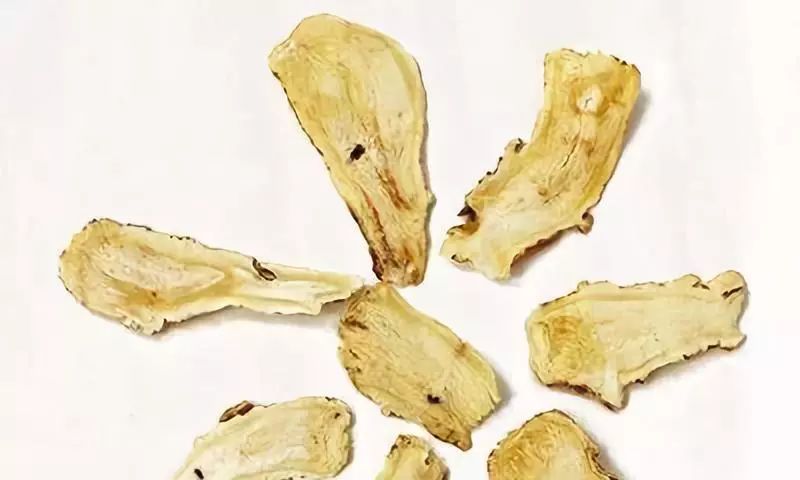
Effects:Tonifies both Qi and blood, especially suitable for those who are weak after childbirth or surgery, with both Qi and blood deficiency.
Recommended method:Stew in soup (recommended to add black chicken and jujube), brew in water as a tea substitute.
4. Ginseng with Chinese Yam (Shan Yao) and Poria (Fu Ling)
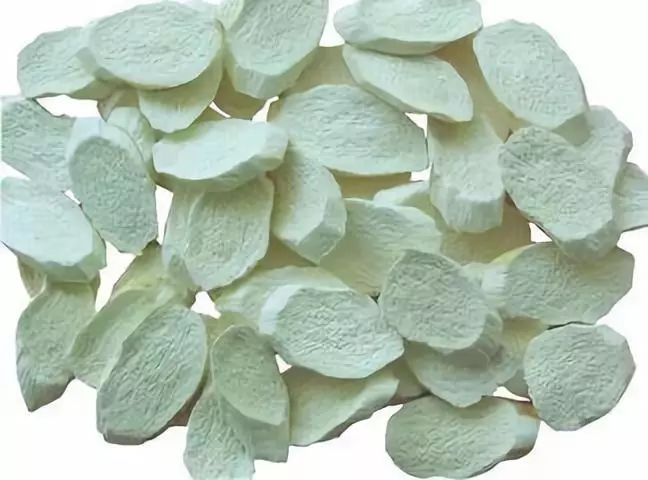
Effects:Tonifies Qi and strengthens the spleen, used for spleen and stomach deficiency, poor appetite, loose stools, shortness of breath, cough, and fatigue.
Recommended method:Stew in soup, grind into powder for consumption.
Dosage and Administration of Ginseng
Generally, decoct 3-19 grams; for rescuing from collapse, use 15-30 grams. It is best to decoct with gentle heat and divide doses. Although ginseng is beneficial, it should not be taken in excess. Long-term or excessive use may lead to adverse reactions such as diarrhea, rash, insomnia, nervousness, elevated blood pressure, depression, increased libido or decreased sexual function, headaches, etc. Among these, bleeding (most commonly nosebleeds) is a characteristic of acute ginseng poisoning, known as ginseng abuse syndrome in medicine. Additionally, there have been clinical reports of ginseng and gecko extract causing exfoliative dermatitis and ginseng royal jelly exacerbating acute nephritis with hematuria.
Contraindications for Ginseng
-
Ginseng should not be taken with Rhizoma Coptidis (Li Lu).
-
Ginseng should not be taken with radishes and Raphani Semen (Lai Fu Zi).
-
Ginseng is warm in nature; it is not suitable for those with Yin deficiency or external heat.
-
If digestive discomfort, abdominal distension, or decreased appetite occurs after taking ginseng, one should stop or reduce the dosage.
-
Older adults with symptoms of headache, head fullness, fever, nausea, or vomiting should avoid ginseng.
-
After long-term use of ginseng, one should not suddenly stop to avoid hypotensive reactions.
-
Ginseng is sensitive to iron; therefore, it is harvested with bamboo sticks, processed with bamboo knives, and should not come into contact with iron utensils. Grinding should be done with stone mortars, and it is best to decoct in clay pots.
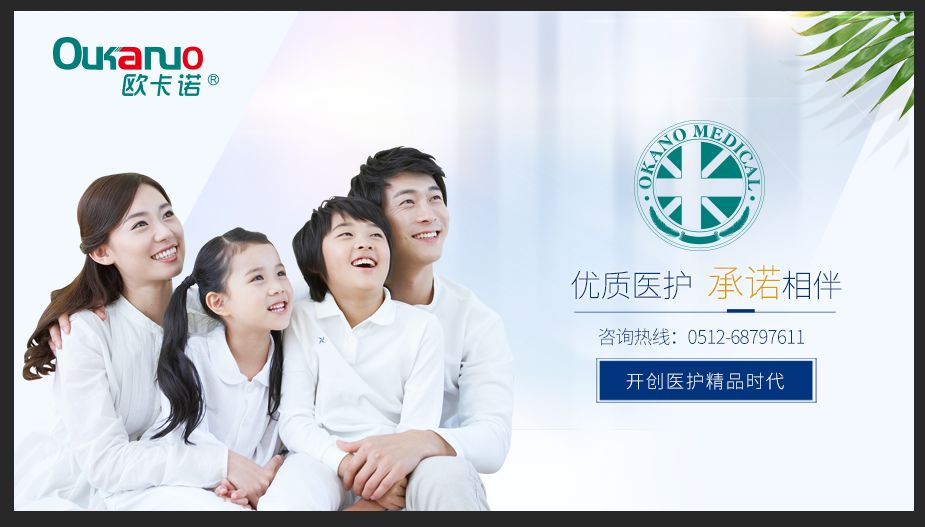
Dear readers, the Chinese pharmacy public account is continuously collecting articles. If you wish to express your thoughts, document your life, or share experiences, please send your works in text or image format to [email protected] (email). Compensation = 200 yuan + reading volume * 0.01 yuan. Kindly note to include your contact information when submitting.
If you like it, please give a thumbs up! ↙

